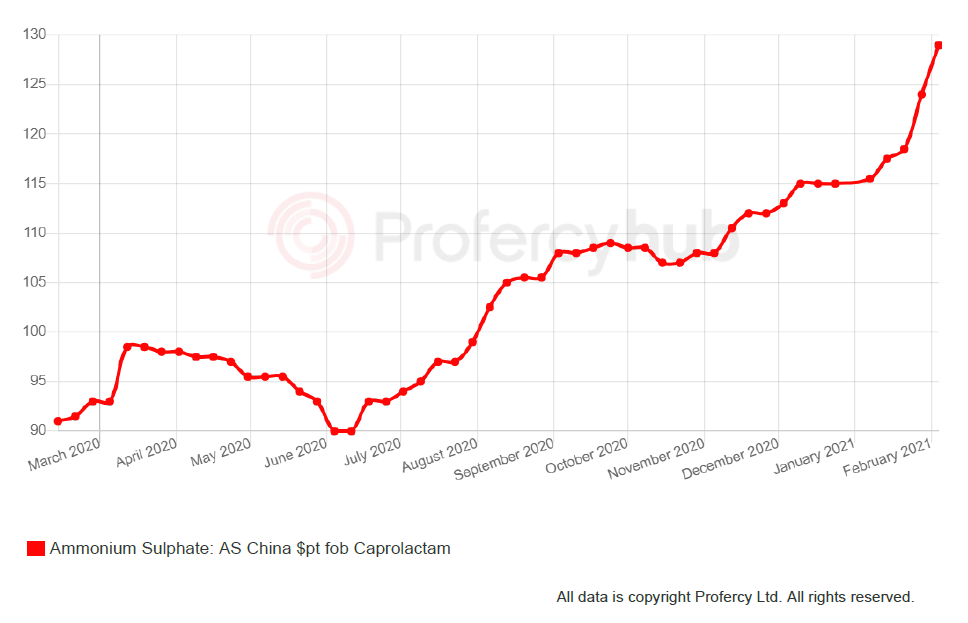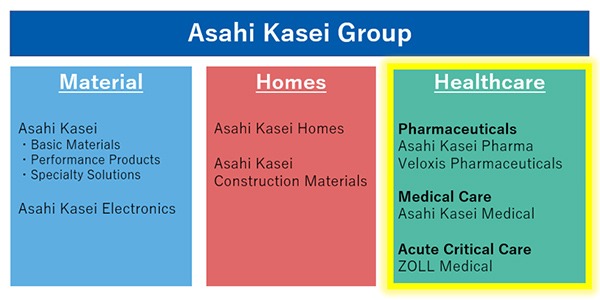Hydrogen Fuel Cells: The joint venture between Honda and General Motors, called Fuel Cell System Manufacturing, has commenced commercial production of hydrogen fuel cells in Michigan. This development represents a major step towards cleaner and more sustainable transportation and energy solutions.
Hydrogen Fuel Cells

Cutting-edge hydrogen fuel cells provide an environmentally friendly and effective method for producing electricity. They work by converting chemical energy from hydrogen into electricity through a process called electrolysis.
One of the most significant benefits of hydrogen fuel cells is that they produce zero emissions, making them a promising solution for a range of applications, from transportation to power generation. Additionally, they are highly efficient, with some fuel cells able to convert up to 60% of the chemical energy in hydrogen into electricity.
A hydrogen fuel cell is made of an electrolyte membrane that separates two electrodes. Hydrogen is supplied to the anode, where it is divided into protons and electrons by a catalyst. The electrons are subsequently compelled to traverse an external circuit, thereby producing an electrical current. At the cathode, the electrons, protons, and oxygen from the air combine to form water, the only by-product of the reaction.
While hydrogen fuel cells are still in the early stages of development, they have the potential to revolutionize the way we generate and use energy. With continued research and investment, hydrogen fuel cells could become a key technology in the transition to a cleaner and more sustainable energy future.
Purpose of the Joint Venture

The main objective of the joint venture is to enable the advancement and large-scale manufacturing of hydrogen fuel cell systems, thus improving the technology’s cost and adoption. This partnership is part of a larger effort to transition away from traditional diesel-powered vehicles and towards more eco-friendly alternatives.
Applications of the Fuel Cells
The fuel cells produced by the joint venture will be used in a variety of applications, including the Honda CR-V and other passenger vehicles, heavy-duty trucks, construction and mining equipment, and power generators. This demonstrates the versatility and potential of hydrogen fuel cell technology across multiple industries.
Importance of the Development
The development of clean energy sources like hydrogen fuel cells is crucial in the fight against climate change. Transitioning to these environmentally friendly technologies is crucial not only for the betterment of society but also for organizations seeking to maintain a competitive edge and satisfy the increasing expectations of consumers for sustainable offerings.
Future Outlook

The partnership between Honda and General Motors is expected to drive continued investment and growth in the hydrogen fuel cell market. As an increasing number of businesses recognize the advantages of this technology, we can anticipate a greater emphasis on developing sustainable energy solutions and a surge in its implementation across industries.
In case you missed it.
Please read our previous article here: Fukushima Nuclear Plant: Miniature Drones to Inspect Damaged
Conclusion
The mass-production of hydrogen fuel cells in Michigan marks a significant development in the transition to clean energy. The joint venture between Honda and General Motors is a promising sign of progress, and one that could inspire other companies to follow suit. Hydrogen fuel cell technology appears to have a promising future, and we can anticipate continued innovation and expansion in this dynamic field.
This unique article provides a comprehensive overview of the joint venture between Honda and General Motors and the implications of their collaboration for the future of clean energy. By highlighting the importance of hydrogen fuel cell technology and the potential for widespread adoption, this blog aims to inform and inspire readers to learn more about this exciting development and the role it could play in creating a more sustainable future.











